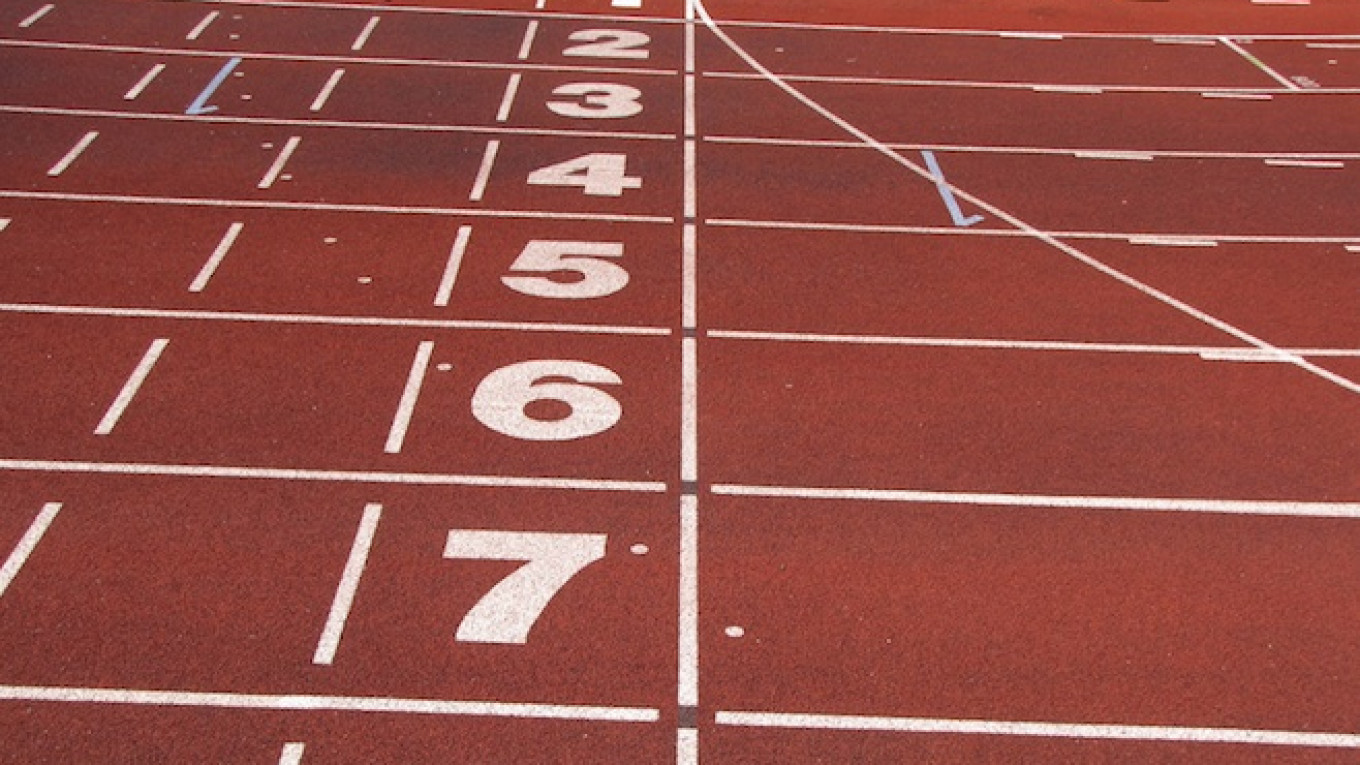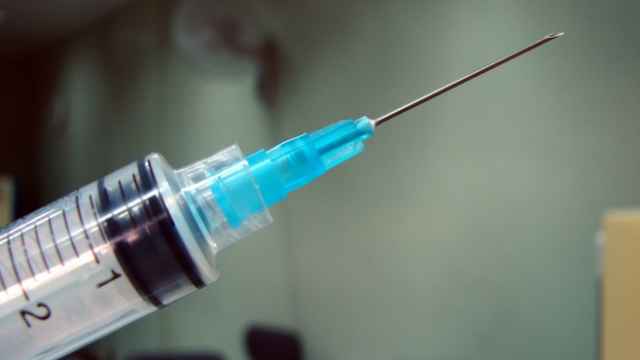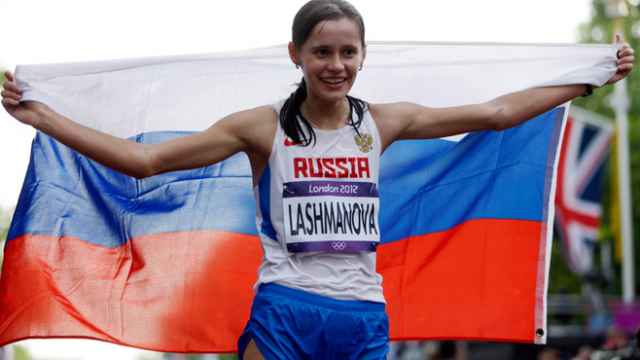Doping will be eliminated from Russian athletics in the near future, the country's Athletics Federation (VFLA) president Valentin Balakhnichev said Thursday.
Following a German television documentary alleging that drug use was widespread among Russian athletes and recent controversy over banned walkers competing, Balakhnichev remains defiant.
"The VFLA takes about 4,000 doping samples every year," he said. "Not one federation in the world has such a widespread anti-doping program.
"I will guarantee to you that in the near future, after carrying out a difficult process, we will clean our hands of this dirt.
"We are not working to support doping — we are fighting against it."
Balakhnichev said he was not taking responsibility for banned Russian walkers taking part in official events.
The world and Olympic 20 kilometer champion Yelena Lashmanova competed in this week's Mordovian winter championships in Saransk even though she is suspended until 2016 after failing a drugs test.
"Apart from Lashmanova, two other sportsmen also competed who had no right to do so — Sergei Bakulin and Yekaterina Medvedeva," Balakhnichev said.
"We have sent all three an official letter, and we are waiting for their responses as well as [those of] the organizers of the competition."
The International Association of Athletics Federations (IAAF) is looking into the allegations.
"The IAAF has already got in touch with us, and on Monday we must send them some official documents, including photographic evidence. We will comply with this request," Balakhnichev said.
Not Official
The competition in Saransk was not an official VFLA event, according to Balakhnichev.
"This incident is connected with separate sportsmen and not our federation," he said. "I cannot run after everyone and make sure they are not breaking the rules."
Twenty Russian walkers have been disqualified for doping offenses in the last six years, local media have reported.
Each of them trained at the Olympic Training Centre in Saransk under decorated coach Viktor Chegin.
Olga Kaniskina, one of his former pupils who won gold at the 2008 Beijing Olympics, took over as the head of the centre on Tuesday with Chegin staying on as chief coach.
"The coaches have even more responsibility than the sportsmen," Balakhnichev said.
"They should be more actively making sure that the anti-doping controls from [Russia's anti-doping agency] RUSADA are being enforced. We should be concentrating our focus on particular individuals and not on particular sports."
Balakhnichev said he was not jumping to any conclusions.
"The Lance Armstrong case saw the sportsman punished and not the American cycling federation," he added, referring to the disgraced former multiple Tour de France champion.
A Message from The Moscow Times:
Dear readers,
We are facing unprecedented challenges. Russia's Prosecutor General's Office has designated The Moscow Times as an "undesirable" organization, criminalizing our work and putting our staff at risk of prosecution. This follows our earlier unjust labeling as a "foreign agent."
These actions are direct attempts to silence independent journalism in Russia. The authorities claim our work "discredits the decisions of the Russian leadership." We see things differently: we strive to provide accurate, unbiased reporting on Russia.
We, the journalists of The Moscow Times, refuse to be silenced. But to continue our work, we need your help.
Your support, no matter how small, makes a world of difference. If you can, please support us monthly starting from just $2. It's quick to set up, and every contribution makes a significant impact.
By supporting The Moscow Times, you're defending open, independent journalism in the face of repression. Thank you for standing with us.
Remind me later.






